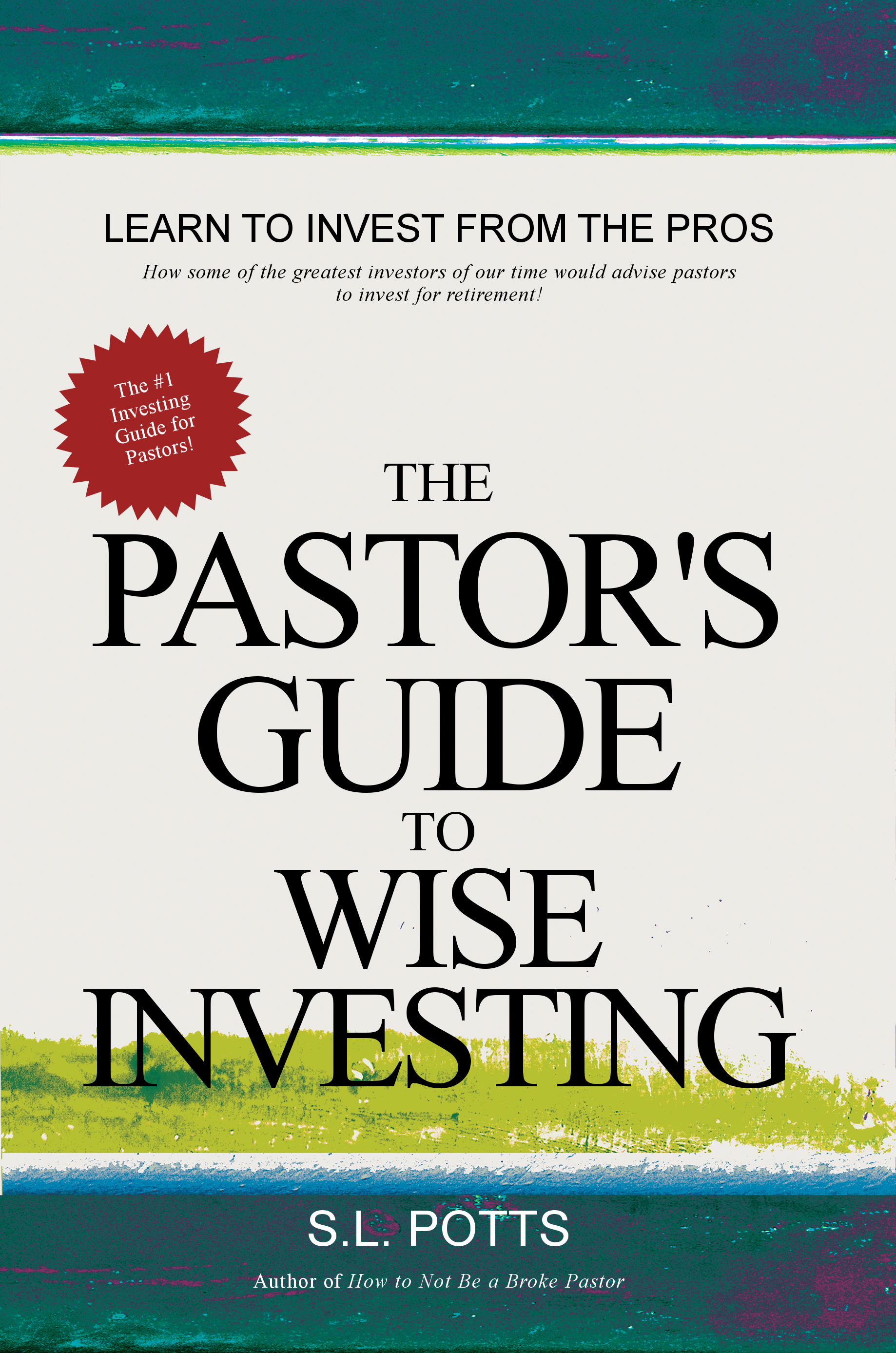An excerpt from The Pastor's Guide to Wise Investing:
Almost everyone knows the name of Warren Buffett – maybe the greatest, most successful investor of our day. But very few people outside the world of professional investing know the name of his teacher, mentor, and friend – Benjamin Graham.
In 1950, when Buffett was just nineteen years old, he read Graham’s monumental work, The Intelligent Investor. Buffett said that, at the time, he thought it was the best book about investing ever written. Today, at eighty-six, he still believes the same thing.
Buffett writes:
To invest successfully over a lifetime does not require a stratospheric IQ, unusual business insights, or inside information. What’s needed is a sound intellectual framework for making decisions and the ability to keep emotions from corroding that framework. This book [The Intelligent Investor] precisely and clearly prescribes the proper framework. You must supply the emotional discipline.
Did you notice the two components Buffett says are needed to be a successful investor? He said that you need a “sound intellectual framework” and “the ability to keep emotions from corroding that framework.”
In fact, he went further and said that you do not need “a stratospheric IQ, unusual business insights, or inside information.” You just need a “sound intellectual framework” and “the ability to keep emotions from corroding that framework.”
This is striking to me.
As I listen to most people talk about investing, it seems that there is a common belief that the biggest enemy facing most investors is some lack of one of the three things Buffett says we do not need. Yet, almost no one ever talks about the two things he says we do need. Is it just me, or does this seem backwards?
To learn more about The Pastor's Guide to Wise Investing, click here.



